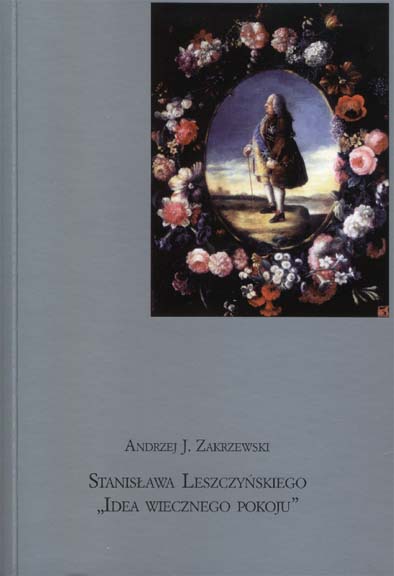|
Both historical and political Polish literature prefers to present Stanisław Leszczyński in an unfavourable light. This negative evaluation is unquestionably the result of his political failures while attempting to secure the Polish throne and too naive hopes for political and military support of his allies: first Sweden and later France. In most cases the reasons for such a great dependence of King Stanisław from this belief in the aid of friendly European courts were not considered in detail. They were most frequently explained by the weakness of his character, too great a vulnerability to influence of famous personages, hedonistic tendencies, and other traits of the king’s personality. This book, however, presents Stanisław Leszczyński primarily as an European writer and philosopher, interested in social and political issues, religion and morality, focussing especially on the idea of eternal peace, ardently supported and considered the most crucial and primary in Leszczyński’s thought. In the work, the question is confronted with the most famous relevant theses that had originated in Europe by mid-18th century. The thesis contained in the work refer to unknown source materials found in the archives in Nancy. |

|